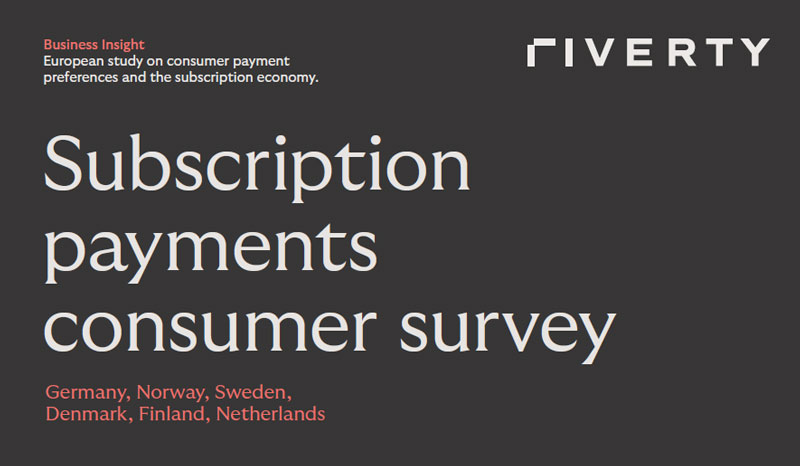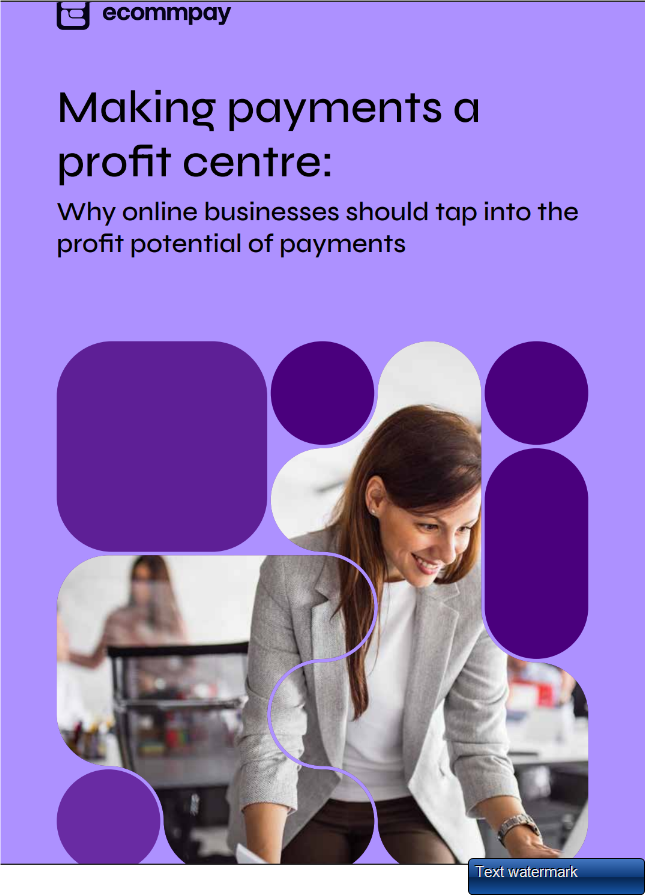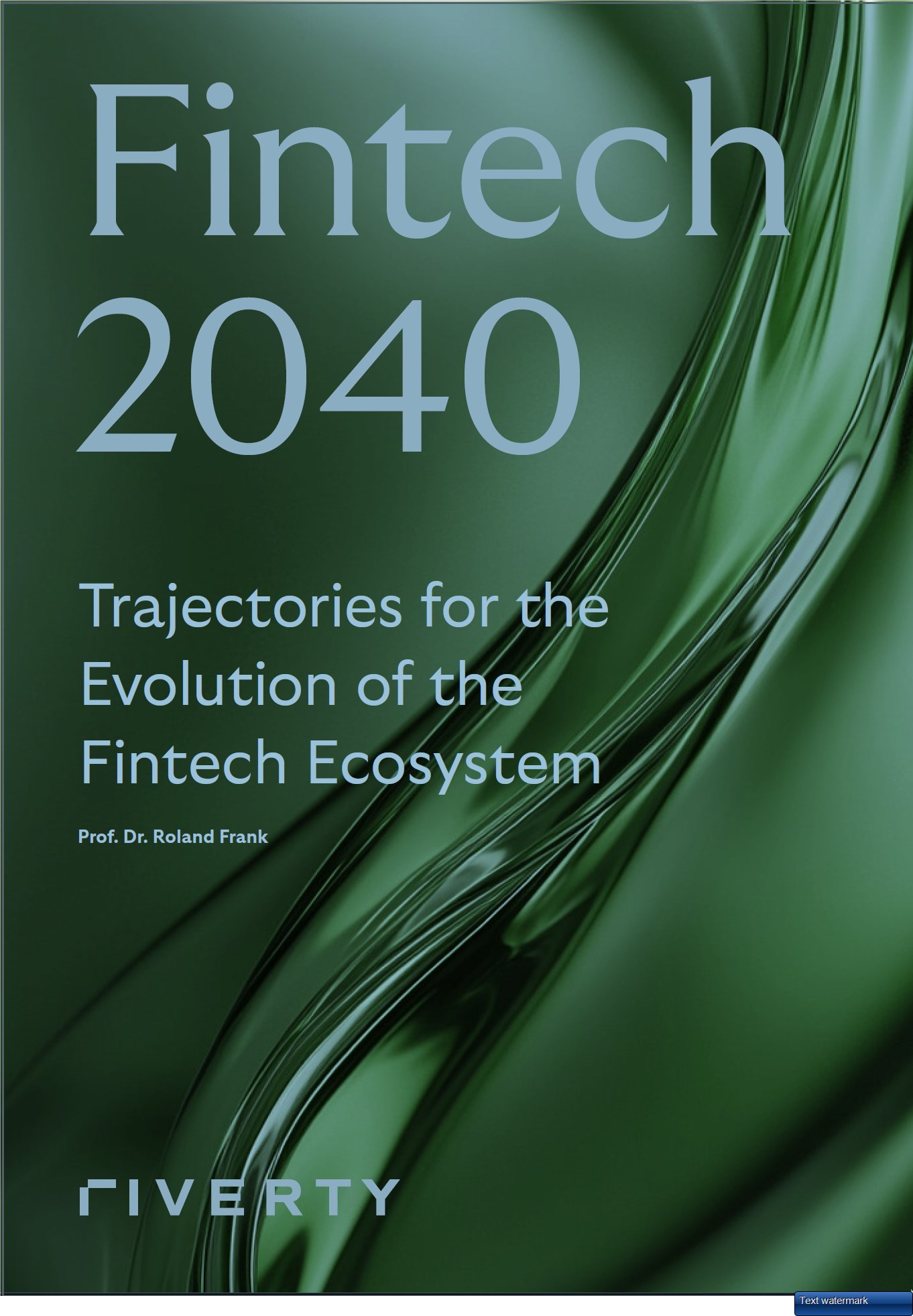Breaking News - U.S. Credit Card Competition Act Aims to Bring Increased Choice and Lower Fees to Credit Card Transactions
By Keith Briscoe, VP Member Advocacy
Competition and choice are about to get a boost in the credit card network market, thanks to new U.S. legislation introduced today. The Credit Card Competition Act 2023 aims to bring the same kind of choice that’s currently unfolding in the debit world under Regulation II (or ‘No Network Exclusivity’ as it’s also known) to the credit card world.
Under the act, large issuers would be required to support at least two networks for routing credit card transactions – and one of those networks must be an alternative to the current duopoly of Visa and Mastercard.
All of these regulations ultimately tie back to the original Durbin Amendment, which had a dramatic impact on overall debit interchange fees. By creating better parity in the credit card processing market, the thinking is that businesses and consumers will be relieved of the financial impact of high processing fees, while increasing competition across the industry.
Credit card processing fees are one of any business’ highest expense items, and this new legislation presents the opportunity for significant cost savings. According to CMSPI, card interchange fees paid from the initial July 19, 2006 hearing to today total USD $913 billion. Of that number, USD $650 billion were collected on credit cards. CMSPI estimates that USD $15 billion in processing and interchange fees can be saved annually because of the new legislation.
Combined with the unfolding dual-badge debit legislation, this new move is an unprecedented effort to bring business and consumer-friendly changes to the card processing world. Over time, it should serve to ease the economic strain fueled by high inflation and corresponding interest rate hikes.
The MRC will be following these developments closely and the impacts across the ecosystem.
Keep the conversation going on MRC Communities and watch for new updates as we learn more.

Host a Webinar with the MRC
















